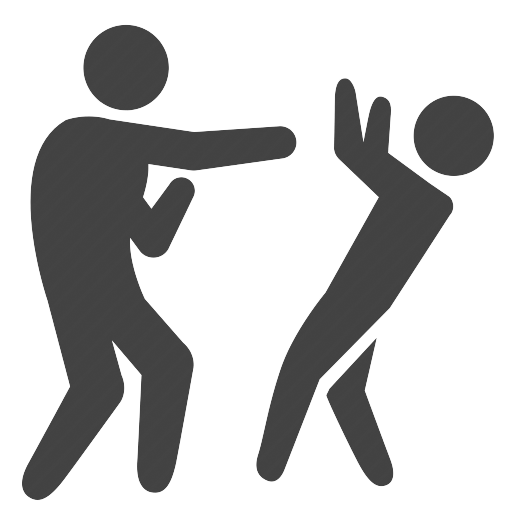Force • Violence • Aggression
Force, violence, and aggression are often spoken about as if they are the same. They are distinct concepts in the realm of political philosophy.
Force
|
Violence |
Coercion |
Aggression |
| Using one's body to affect other people | The use of force | Non-consensual violence or the threat of it* | The initiation of coercion |
| Note: this is not the physics definition | Can be consensual (e.g. boxing) or done in self-defense | Can be rectificatory actions, e.g. to recover stolen goods | Considered wrong by libertarian/voluntaryist principles (NAP) |
* Includes violence substitutes, e.g. theft by stealth or fraud
Some people use Mark Passio's terminology. Here is a quick Passio to Rothbard dictionary:
force - the capacity to do work or cause physical change (physics def) → same (but not relevant to politics)

violence → aggression by force
coercion → aggression
wrongdoing → aggression
causation of harm → aggression
right → non-crime (noun) or non-criminal (adj)
While Rothbardian terminology has several distinctions with respect to use of interpersonal force, as seen above, Passio does not. Passio's definitions of violence, coercion, causing harm, and wrongdoing appear to be circular. Also, Passio's definitions tend to be value-laden, e.g. "violence is the immoral initiation of physical power."